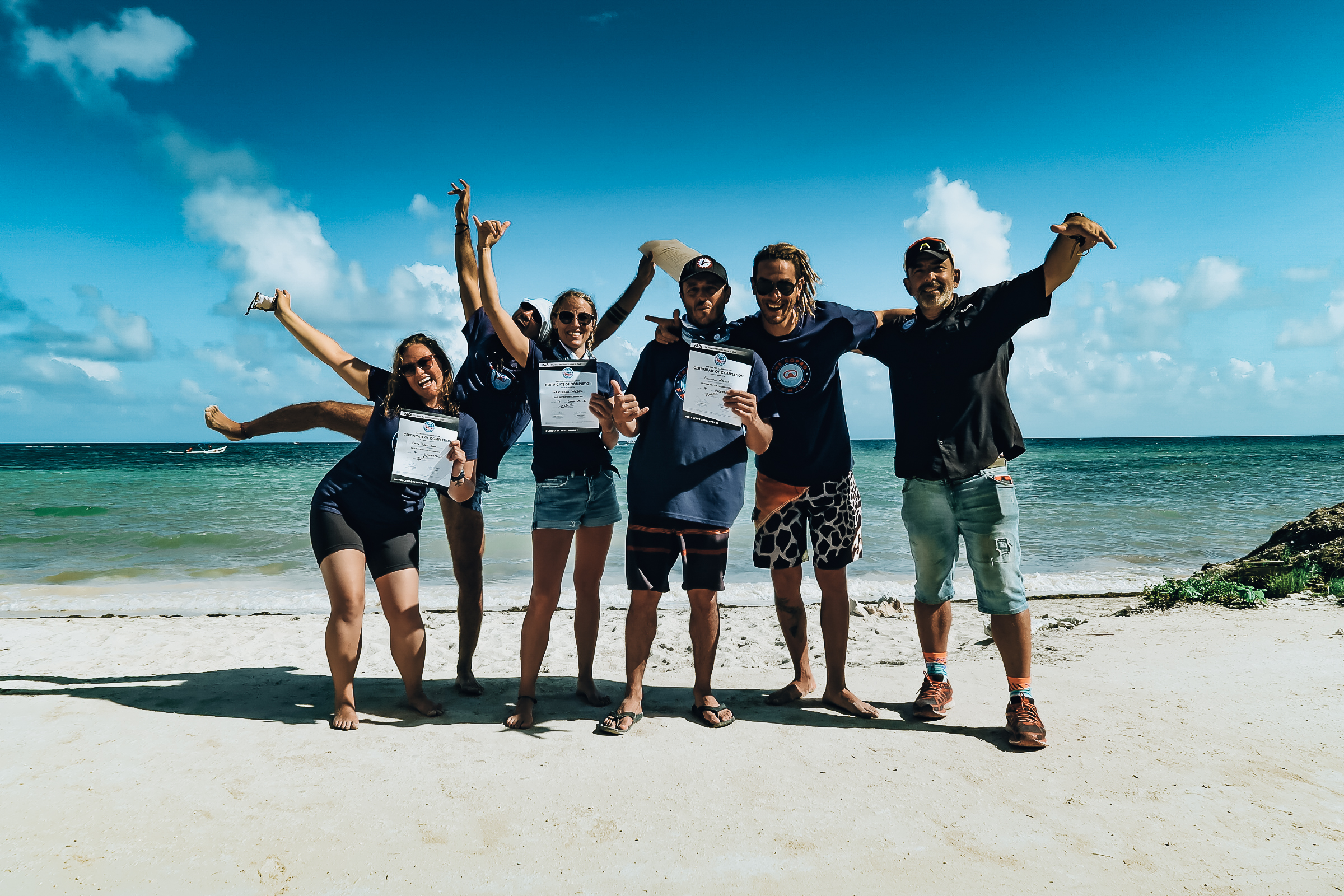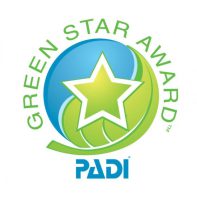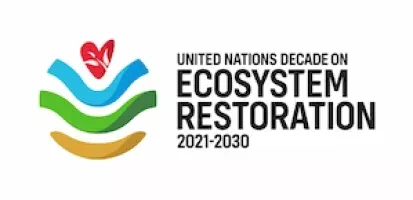Our Eco Divemasters are role models for other divers in the fight to protect our marine environment.
Sign up for our Coastal Ecology Program to join the Eco Ambassadors!
In a world where we are increasingly aware of the threats of climate change and the impact on our reefs, more knowledge is needed on how to address these issues and understand how we, as divers, can bring about change.
Join our Research Center team during your Divemaster internship to become an Eco Divemaster and use your knowledge to help other divers become the change needed to save our precious ecosystems.
The Takata Coastal Ecology Program is an intensive educational program that will guide you towards a better understanding of coastal ecosystems and the role of divers in ocean conservation. It contains the tools you need to understand, appreciate and protect the marine environment.
About the course
We take a systemic, multidisciplinary approach to our subject, focusing our attention on a diversity of systems related to the ecology of coastal biomes: biological systems, ecosystems, land systems, and social value systems. This allows us to include the human element in our understanding of ecology.
Scheduled activities include interpretive dives, a field trip to the mangrove forest, socio-environmental volunteer activities, ethical discussions, and a research project presentation.
The Coastal Ecology Program runs concurrently with your Divemaster course, giving you time to integrate your learning with the practical side of the internship.Typical Eco Divemaster interns spend 6-8 weeks with us in Mahahual, allowing sufficient time to understand the complexities of our coastal ecosystem and gain valuable experience with our team of talented scientists.
Course content
The program content is inspired by university level biology, ecology, environmental science and environmental sociology curricula. It consists of 35 hours of activities divided into four modules:
- Coral biology: everything you need to know about reef-building corals, from the tiny polyp to reef formation
- Tropical coastal ecology: contemporary models of ecosystem structure and how they apply to various coastal ecosystems: reefs, mangroves and seagrasses.
- The Anthropocene and our oceans: the impact of human activities on our ocean ecosystems, the conservation status of reefs worldwide, and conservation efforts.
- Environmental ethics: a sociological approach to environmental value systems and exploration of various environmental philosophies.
Course requirements
- Rescue Diver or equivalent with at least 40 logged dives.
- No previous marine biology qualifications are required for the course.
If you are interested in joining the program but do not yet meet the pre-requisites, contact us to create a personalized package.







